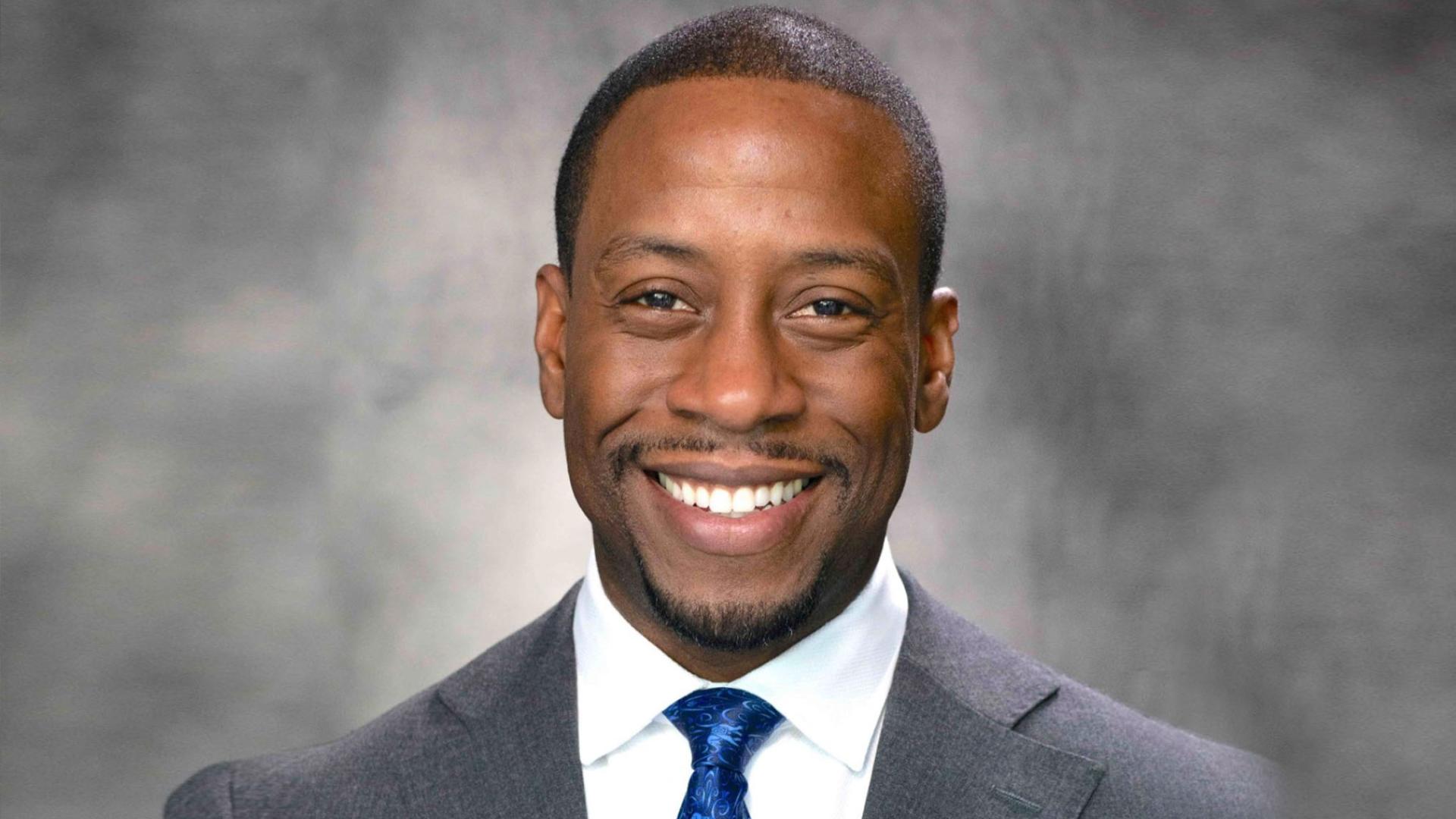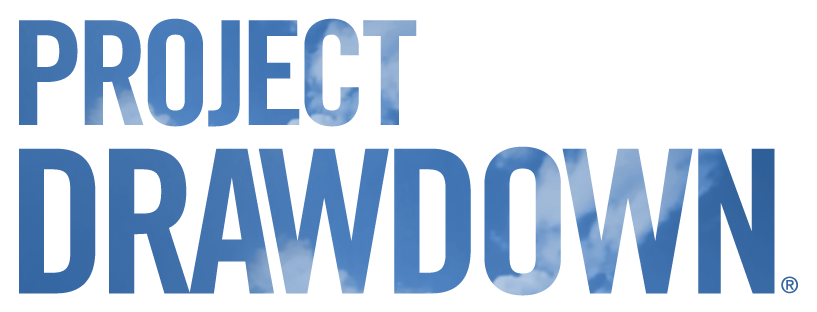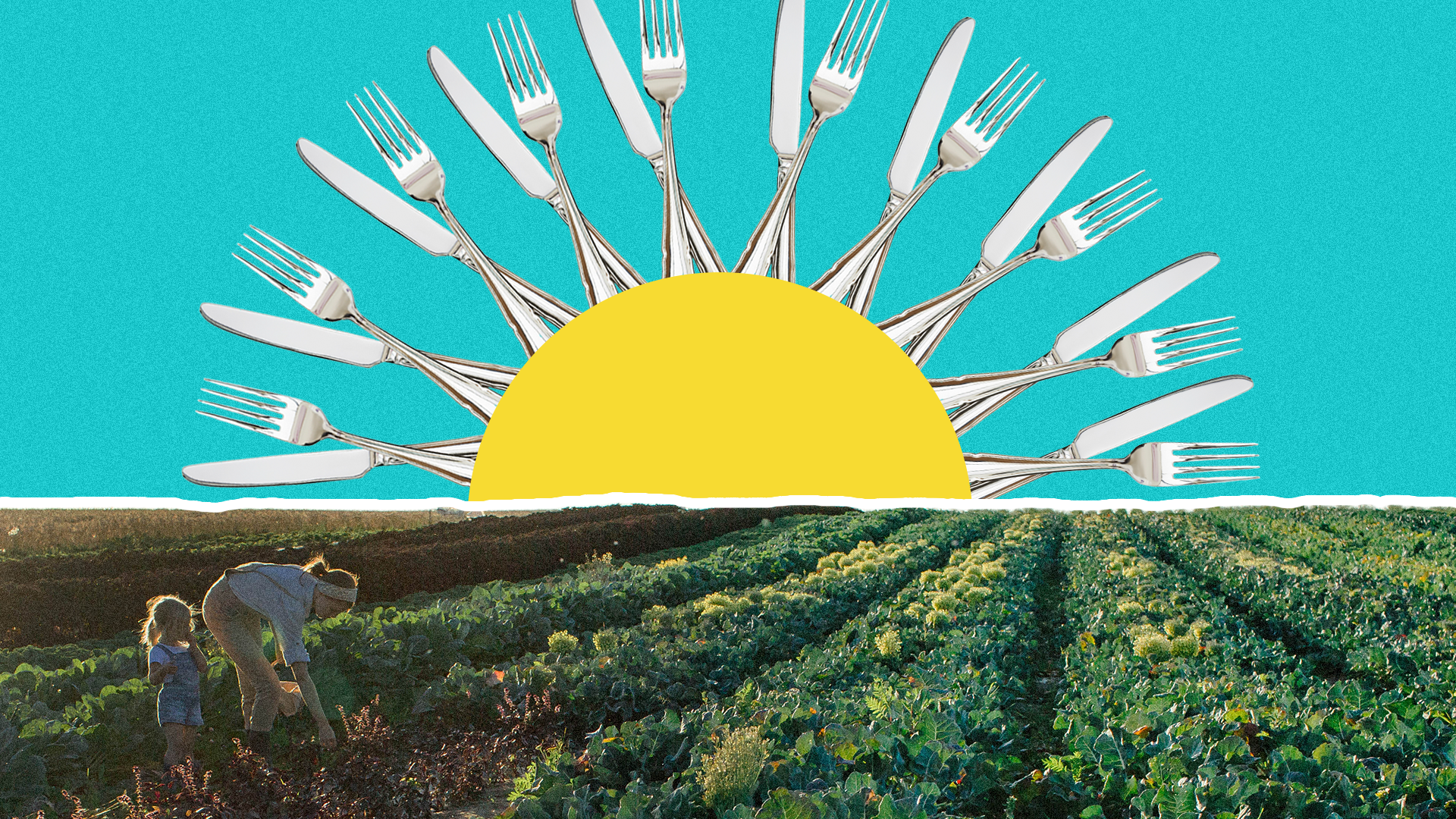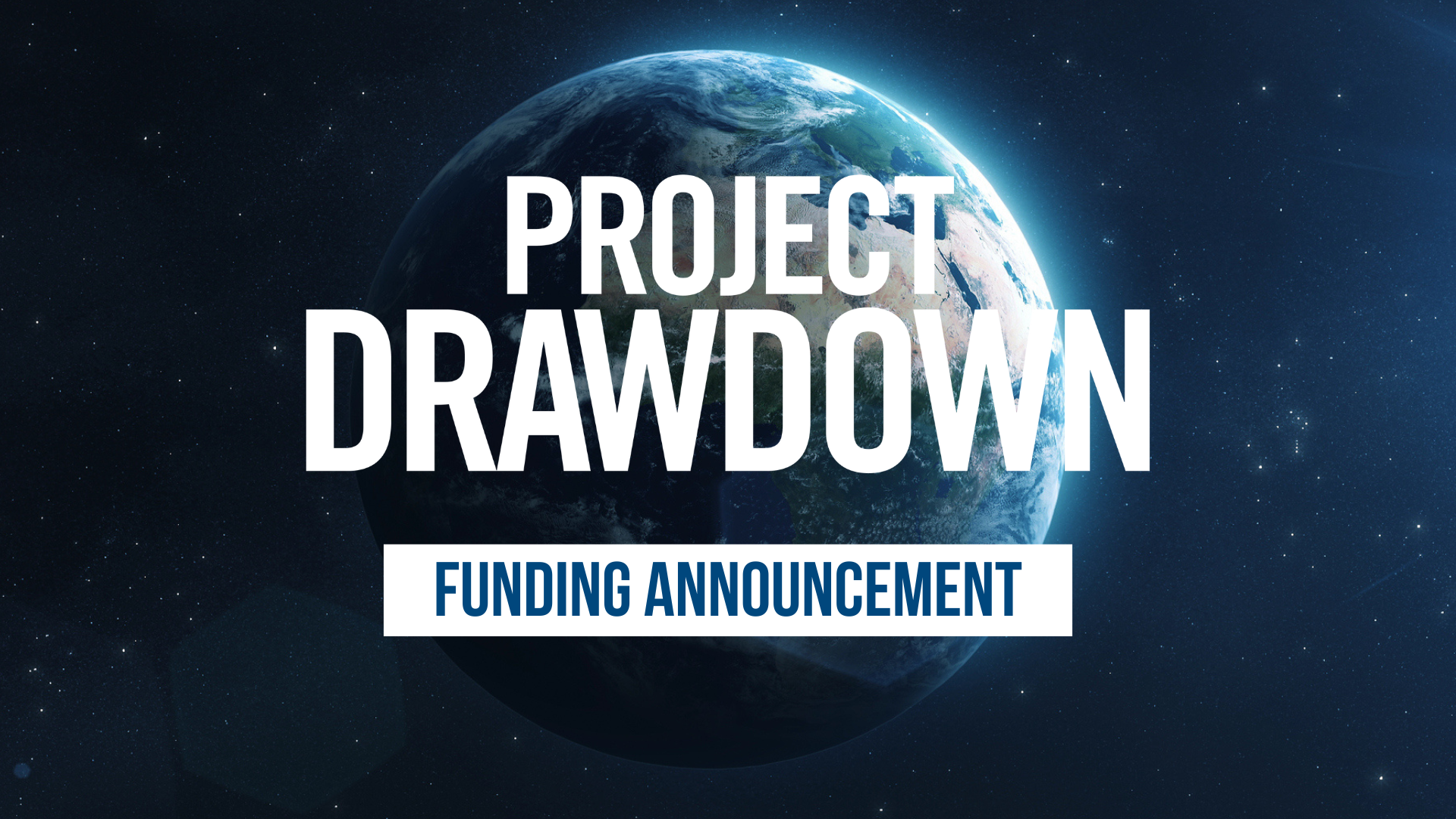Stephan Nicoleau joins Project Drawdown board of directors

(September 15, 2021) — Project Drawdown is pleased to announce the election of Stephan Nicoleau—Partner at FullCycle, an investment firm focused on addressing the climate crisis—to its Board of Directors.
Nicoleau is an investor, advisor, and founder with more than 15 years of experience in the social and environmental impact space. He joins eight longtime Project Drawdown Board members during a time of remarkable growth for the nonprofit organization.
“We couldn’t have found a more passionate climate advocate to join our Board,” says Project Drawdown Executive Director Jonathan Foley, PhD. “Stephan knows how to think long-term while taking action on the best investment climate solutions we have in-hand today. Project Drawdown is proud to have his support—and an opportunity to learn from him—as we significantly level up our efforts to help the world reach drawdown quickly, safely, and equitably.”
Visionary social, environmental, and financial leadership
At FullCycle, Nicoleau heads capital solutions for the firm, managing institutional relationships and the firm’s capital formation for its fund vehicles. He began his career as a management consultant, as a founding member of Coalition Ltd., a boutique strategy consultancy, which advised the executive management teams of the top global investment banks such as JP Morgan, Credit Suisse and Barclays Capital.
Later—in founding Critical Value Advisors (“CVA”)—Nicoleau built an advisory practice which served private investors managing several billion in assets, working to source emerging managers and impact investment opportunities globally. CVA structured and advised investments in venture, real estate, and infrastructure, playing an integral role in identifying investment opportunities that would achieve environmental, social, and financial returns for private and institutional investors. In 2016, he founded LaGuardia Development Partners (“LDP”), a minority-owned infrastructure financing vehicle focused on the redevelopment of LaGuardia Airport—a project that was integral in reshaping the public private partnership (“P3”) to be more inclusive of minority and women-owned funders and operators.
In addition to serving on the board of Project Drawdown, Nicoleau serves on the boards of Monument Lab, a public arts studio leading national conversations about public space and history; and Future of Cities, a regenerative placemaking coalition focused on sustainable urban development. Nicoleau is an active mentor to entrepreneurs in his community, lives in New York City, and is a graduate of the University of Pennsylvania.
In his own words
Project Drawdown: When did you first become passionate about climate change and solutions?
Nicoleau: I have been an impact investor for over 15 years, so climate has always been part of my work. However, as the science became clearer for us all, I understood my role in having impact would be to work on this existential issue. My passion to have an impact is met by my desire to be as effective as possible in my work—and I’m grateful to do it every day. Because I have experience as an investor, operator, and finance professional, I feel especially lucky that I can meaningfully apply my lived and professional experience to addressing the greatest challenge of our times.
PD: What are you doing to help the world reach drawdown—the future point in time when levels of greenhouse gases in the atmosphere stop climbing and start to steadily decline?
Nicoleau: I’d say this is most prominent in my work at FullCycle, where we are actively scaling climate-critical infrastructure that has the capacity for significant abatement and drawdown of CO2 and its equivalents. My advocacy for an “all-hands-on-deck” approach has been a hallmark of my efforts to help us meaningfully drawdown GHGs, and has spurred dialogue and action well beyond the fund with policy makers, philanthropists, and community stakeholders.
PD: What’s your favorite part of your work with Fullcycle?
Nicoleau: There is a lot to love about FullCycle’s mission—we’re invested with incredible capital partners and operators, and we’re a team that deeply cares about making a difference. This compelling, activated community and ecosystem that we have built inspires me every day. The innovations we see —and indeed, those that we select to commercialize—are transformative, which gives me hope that we can mitigate the impact of climate change while investing and building the future that we and future generations deserve.
PD: Which climate solution(s) do you wish the finance and investment community would adopt today to make an impact?
Nicoleau: We’re going to need to accelerate investment in all of the available emissions-abating technologies, practices, and solutions that are available now. But because the climate crisis is so urgent, the order in which we invest matters significantly. Solutions that have the highest carbon abatement potential (per dollar invested) must be prioritized alongside those solutions that are ready for market and implementable at scale. For investors, that means investing with managers that are designed to accelerate solutions and deliver measurable climate and financial returns—galvanizing the global markets to invest trillions into climate restoration. Focusing on infrastructure is the most effective way for asset managers to have a meaningful impact, as climate change is mostly driven by the operations of our global systems.
PD: How should nonprofits like Project Drawdown commit more deeply to equity and justice in their climate work? How would you like to see this organization grow?
Nicoleau: Project Drawdown can play a substantial and important role in identifying the critical link between climate solutions and a more just transition to a low-carbon future. As we identify the best innovations, practices, and nature-based solutions that actively drawdown greenhouse gases, we must consider the reparative power of implementation at every frontline and in communities that have been underserved. This intersection between the work to overhaul our aging infrastructure and the work to build a more equitable world is an important one for us to explore and activate through the solutions work at Project Drawdown. This includes working to include the voices of traditionally underrepresented communities and stakeholders in our conversations about a just transition to a low-carbon, more equitable, and increasingly resilient global economy.
About Project Drawdown
Founded in 2014, Project Drawdown® is a nonprofit organization that seeks to help the world reach “drawdown”—the future point in time when levels of greenhouse gases in the atmosphere stop climbing and start to steadily decline. Since the 2017 publication of the New York Times bestseller Drawdown, the organization has emerged as a leading resource for information and insight about climate solutions. We continue to develop that resource by conducting rigorous review and assessment of climate solutions, creating compelling and human communication across media, and partnering with efforts to accelerate climate solutions globally. Cities, universities, corporations, philanthropies, policymakers, communities, educators, activists, and more turn to Project Drawdown as they look to advance effective climate action. We aim to support the growing constellation of efforts to move climate solutions forward and move the world toward drawdown—as quickly, safely, and equitably as possible. A 501(c)(3) nonprofit organization, Project Drawdown is funded by individual and institutional donations.
Press Contacts
If you are a journalist and would like to republish Project Drawdown content, please contact press@drawdown.org.



